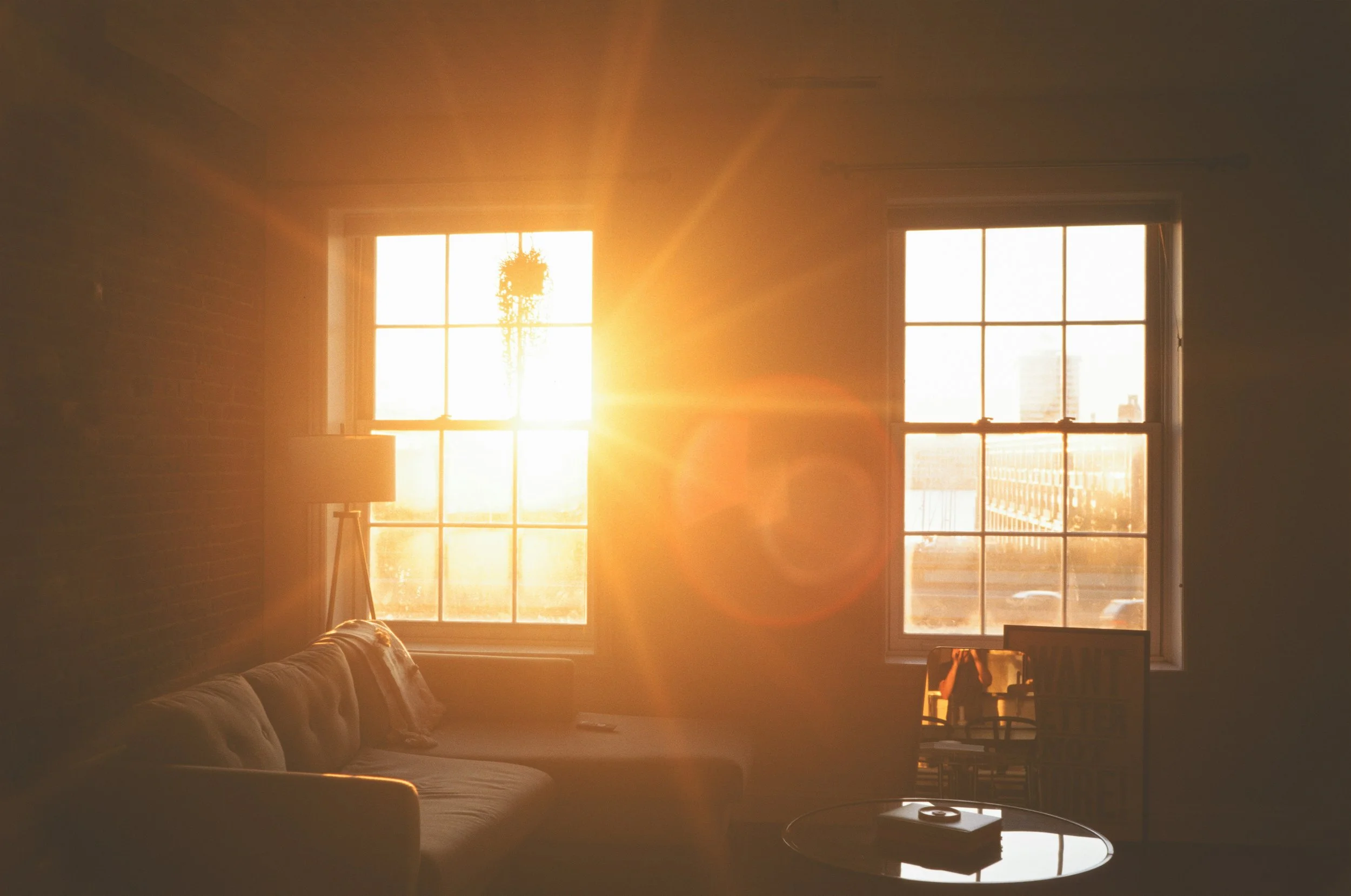Improving Sleep Naturally: Lifestyle Changes That Work
If you are struggling with sleep you are not alone. According to The Sleep Charity (2024) 90% of the UK adult population are struggling too. The 2017 SWAN longitudinal study found 31–42% of perimenopausal women experience symptoms of insomnia but I expect the real number may be much higher (Ciano, 2017). When people are tired, 24% report making more unhealthy food choices; 21% experience increased anxiety and depression and 48% engage in more high-risk behaviours.
It’s also something I see time and time again in clinic but it’s often not the main reason people seek help. As I work naturopathically, my aim is to try and establish the particular root cause that is driving your sleep disturbance so that we can make a unique plan to suit your individual needs and lifestyle that will really work for you. To find out more, click here to book a free discovery call.
An extra 46 minutes of sleep (roughly one extra sleep cycle), has been shown to increase feelings of resilience, gratitude and ‘flourishing’. I’ve recently completed some continued professional development with Alessandro Ferretti on the science of sleep and here are some strategies to help improve sleep naturally, based on the latest scientific research.
Image Megan te Boekhorst
Exercise Improves Sleep
Gentle exercise such as pilates, yoga and Tai Chi has been consistently shown to result in a better night’s rest as has moderate to vigorous aerobic exercise. However, vigorous evening exercise may make it harder to fall asleep and may lead to disturbed sleep.
Eat Earlier, Sleep Better
Aim to leave a 3-hour window between eating and bedtime. If you’re aiming for lights out at 10pm, have your last meal by 7pm and then just choose water and herbal tea.
Does Caffeine Impact Sleep?
General advice is to avoid caffeine after 2pm but how we tolerate and detoxify caffeine is individual. Life stages can impact caffeine tolerance and many women find that their sensitivity to caffeine shifts dramatically during perimenopause. If in doubt about how you metabolise caffeine, keep or shift caffeine to earlier in the day (leaving at least 7 hours before bedtime) and see how you feel.
Image Lex Sirikiat
Your Circadian Rhythm is Anchored by Light
Morning daylight is critical so make sure you get outside every day, ideally before 10am. It could be as simple as standing on your doorstep, walking round the block or drinking your morning cuppa outside. Exposure to morning light has been shown to reduce insomnia symptoms and the time it takes to fall sleep.
You’ve probably heard this before but blue light (from phones, tablets or televisions) has been shown the suppress melatonin (your sleep hormone) by a staggering 80%. The EMF from mobile phones has been shown to reduce REM duration (Henz, 2018). REM sleep is important for learning, memory and mood regulation so keep phones and tablets out of the bedroom or switch them to airplane mode.
Image Chris Becker
Diet Matters
Higher fibre and protein consumption has been linked to more sleep (10–11 minutes) and fewer night awakenings and one study showed that increasing vegetable and fruit from none to 5 cups daily corresponded to a 16% improvement in sleep quality. Another study investigated the impact of junk food on sleep and found that junk food significantly impaired sleep quality.
Why Can’t I Sleep?
The answer to this question can be individual and often involves more than one factor: stress can impact the nervous system and inhibit sleep, but lack of REM sleep can also impair the brain’s ability to regulate emotions and stress response.
The good news is that help is at hand. If you’d like to find out more about how I can work with you help you get a better night's rest, book a free 30-minute discovery call here.
(The Sleep Charity, 2024).
(Do, 2024) (Wang, 2025) (Shen, 2024) (Seol, 2025) (Boege, 2025)



